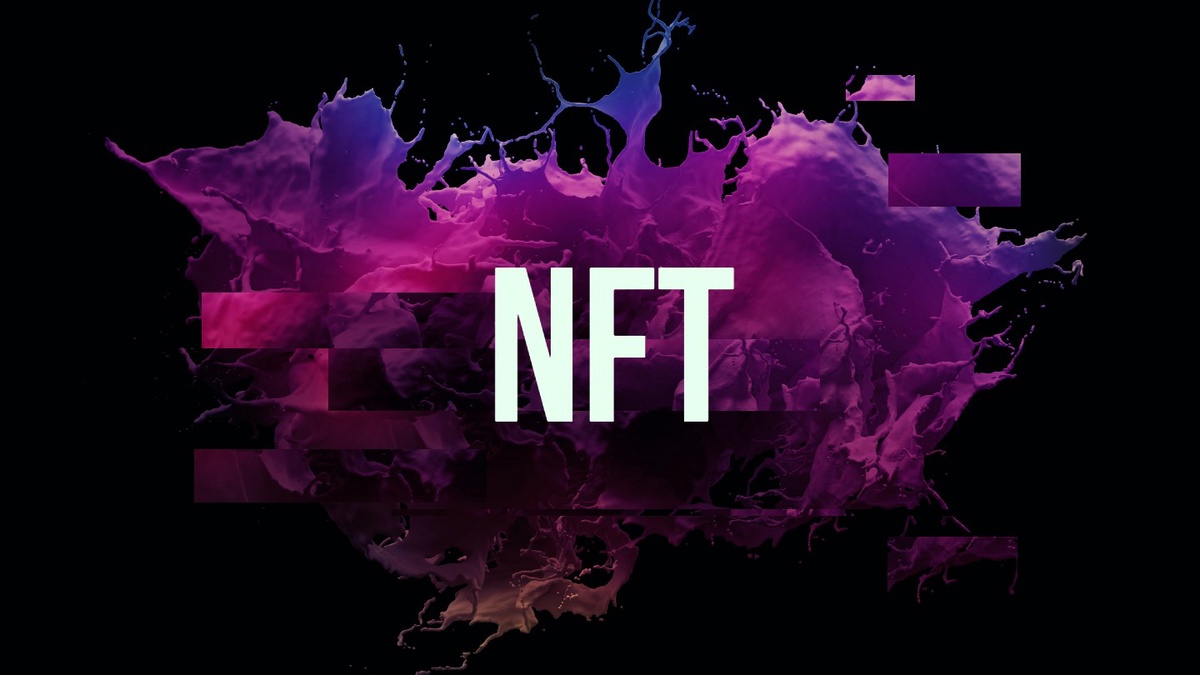Introduction
NFT marketplaces have emerged as the go-to platforms for buying, selling, and trading NFTs. In this article, we will delve into the diverse applications of NFT marketplaces and explore how they have transformed the landscape of art, gaming, collectibles, and more.
1. Art Industry
NFT marketplaces have sparked a digital art revolution, empowering artists to monetize their digital creations in ways never seen before. Traditional art forms are often limited by physical barriers, but NFTs enable artists to tokenize and sell their digital artwork directly to collectors, eliminating the need for intermediaries. Artists can retain ownership rights and receive royalties every time their NFT is resold, ensuring a continuous revenue stream. Furthermore, NFTs provide provenance and authenticity, reducing the risk of art forgery and increasing trust among buyers.
2. Gaming and Virtual Realms
The gaming industry has also witnessed a significant impact from NFT marketplaces. By tokenizing in-game assets and characters as NFTs, players can truly own their digital possessions. This opens up avenues for players to trade, sell, or even lend their rare in-game items, creating a vibrant secondary market within the gaming ecosystem. NFTs also enable interoperability, allowing gamers to use their assets across multiple gaming platforms, enhancing the overall gaming experience and fostering a sense of ownership and value.
3. Collectibles and Memorabilia
NFT marketplaces have breathed new life into the world of collectibles and memorabilia. From virtual trading cards to digital sneakers, NFTs have revolutionized the way collectors acquire and showcase their prized possessions. With NFTs, collectors can prove the authenticity and rarity of their items, making the ownership experience more transparent and secure. Additionally, NFT marketplaces provide a global platform for collectors to connect and trade their unique digital collectibles, fostering a thriving community around niche interests.
4. Intellectual Property and Licensing
The concept of NFTs extends beyond art, gaming, and collectibles. NFT marketplaces offer a new paradigm for intellectual property and licensing. Content creators, such as musicians and writers, can tokenize their work as NFTs, granting buyers exclusive rights or limited editions. This creates a direct connection between creators and their fans, enabling new revenue streams and disrupting traditional distribution models. NFTs also provide a framework for licensing digital assets, ensuring proper attribution and compensation for content usage.
5. Real Estate and Virtual Land
The concept of owning virtual land has gained traction with the rise of blockchain technology and NFT marketplaces. Virtual worlds and metaverses allow individuals and businesses to purchase and develop virtual properties using NFTs. These digital assets can be used for various purposes, including virtual events, advertising, and immersive experiences. NFT-based virtual real estate unlocks endless possibilities for architects, designers, and entrepreneurs to create unique virtual environments and monetize their creations.
Conclusion
NFT marketplaces have emerged as powerful platforms that transcend traditional boundaries and revolutionize various industries. From empowering artists and gamers to redefining collectibles and intellectual property, the applications of NFTs are vast and ever-expanding.


No comments yet